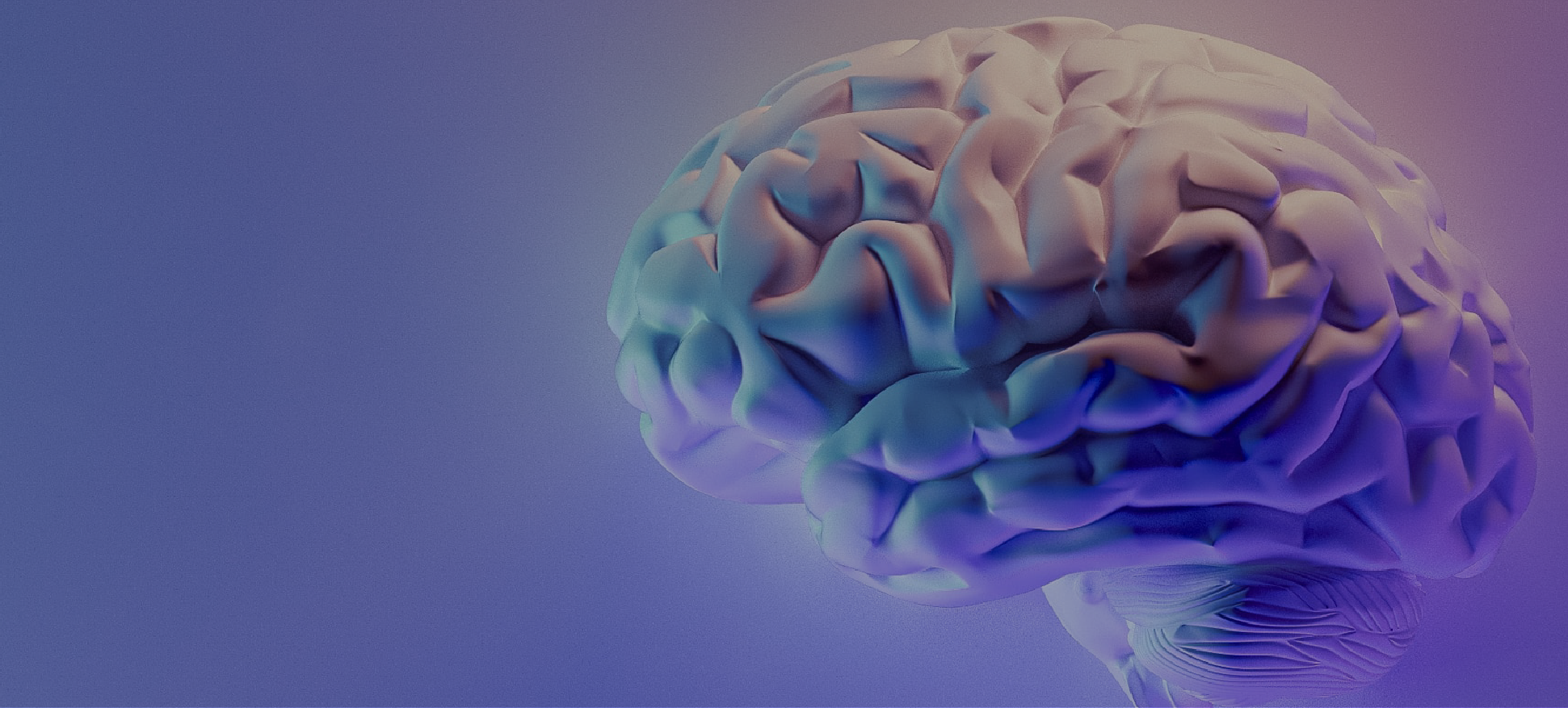
The world is mobilising resources to alleviate the human suffering and economic burdens associated with the Global Burden of Disease for brain conditions like Alzheimer’s disease, Parkinson’s disease, stroke, and mental disorders. Major advances in addressing these diseases have benefited from a convergence of research and development including neuroscience, engineering, digitalisation and AI.
Investments have contributed to remarkable clinical feats including allowing individuals who were once paralysed to move or even communicate again with loved ones. However, neurotechnology also poses a range of thorny issues from the familiar ethical challenges of equity, justice, and privacy to expanded concerns related to threats to agency, autonomy, and identity. In the future, these technologies may increasingly extend beyond the clinic. Yet even today, the consumer market is already exploring neurotechnology applications in education, the workplace, the military and for marketing purposes. In this expanding context, regulators face increasingly complex challenges to ensure these applications remain in the best interests of the humans who use them.
Spain, currently has an opportunity to further develop its leadership in digital rights through the recently created Spain Neurotech centre, building on the current momentum gained through existing neurotechnology governance conversations and the application of technological humanism to advance both policy and technical solutions for the global neurotechnology innovation ecosystem.
This report “Humanistic neurotechnology: a new opportunity for Spain” offers a first step in an exploration of the needs and timely opportunities to positively impact the global trajectory of responsible neurotechnology development. The first section provides an overview of the global state of the art of neurotechnology and how these technologies are currently being explored in clinical contexts and beyond. The second section then offers a landscape of the current global debate on ethical, legal, and social challenges associated with neurotechnology development.
The report concludes with initial recommendations for policymakers to facilitate “humanistic neurotechnology”, defined by Digital Future Society in this report as neurotechnology that is shaped by considering human welfare holistically and the promotion of human rights. Therefore, the purpose of this work is to help policymakers understand:
- What neurotechnology is, how it is currently applied, and what the current research objectives are for the future.
- Key social, ethical, legal, and regulatory challenges presented by these new technologies, especially the concerns that arise from the abuse or unintended consequence of their use.